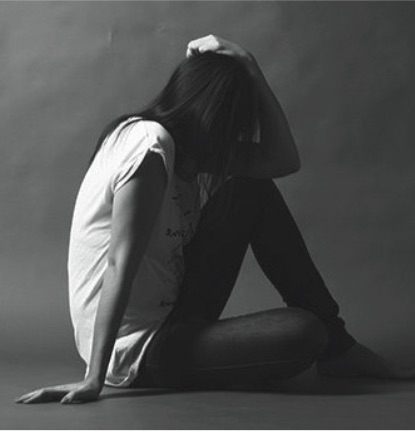Like the rest of the global community, in response to the rapid spread of the pandemic COVID-19, Trinidad and Tobago has been making adjustments to the country’s medical, social and security systems in a bid to mitigate the consequences of the virus on the general population.
Of particular relevance to The UWI student body, is the mandate to shut down all schools and universities for a period of five weeks (at the time of writing), and to limit social interaction in a bid to slow down the spread of the virus. The implications for students are significant. Trying to comply with this new system requires adjustments which may result in stress, anxiety, fear and general emotional disorientation.

It is helpful to understand the difference between fear and anxiety in order to manage their impact on your mental health. Fear can be defined as a response to a specific and imminent danger; anxiety is seen as a response to a vague and future threat. Most students’ responses to COVID-19 fall in the anxiety category.
You may respond to “what-if ” scenarios in the context of your life circumstances. Will the elder members of your family be more easily infected because of their advanced age? Will you need to avoid being around them during the period of social distancing to protect them from exposure to the virus? Could you have been exposed? Will you develop symptoms? What symptoms should you be looking for? If you are a student from another country, will you be able to get home to your family?
Anxiety can make you feel powerless and overwhelmed. The key to anxiety reduction is getting information and taking action based on this information. It will give you a more realistic assessment of the actual “threat” and allow you to use your intellectual capacity to deal with the situation more effectively. Source reliable, reputable information about the virus from, for example, the World Health Organisation (WHO) at www.who.int (look at all the Quick Links for relevant updates). For Caribbean information, you can go to the website of the Caribbean Public Health Agency (CARPHA) at carpha. org. For local information you can access the Ministry of Health at www.health.gov.tt. Remember to regularly check sta.uwi.edu/ COVID19 for information and advice.
Armed with proper information, try to focus on what you actually know as opposed to what you fear. Concentrate on what you can do versus what you cannot. Understand what is in your control versus what is not. Once you feel confident that you have accurate information on this situation, you can limit your consumption of news from less reliable sources and unfollow people and pages that increase your anxiety.

The Counselling and Psychological Service (CAPS) offers a range of services including crisis intervention, diagnostic assessment, and therapy for students at UWI St Augustine.